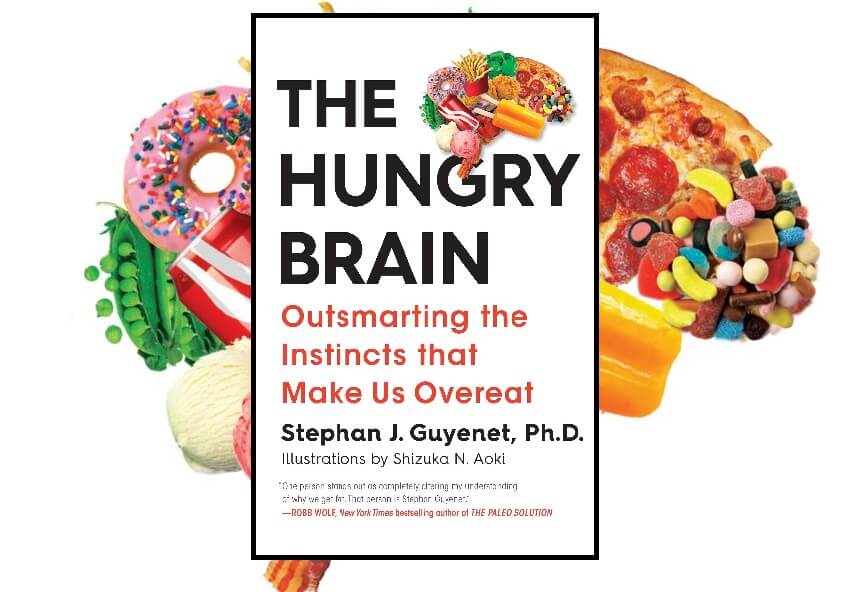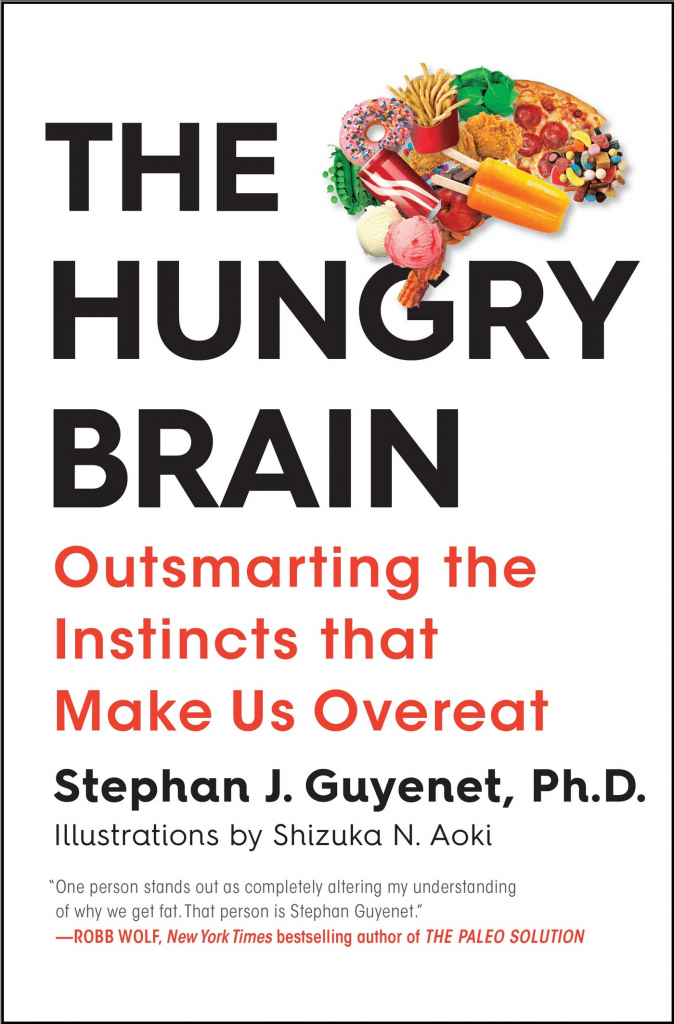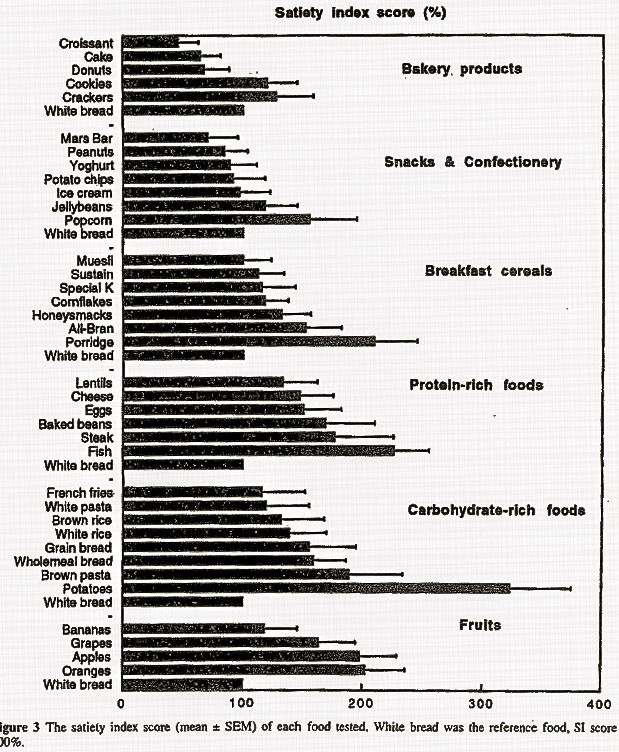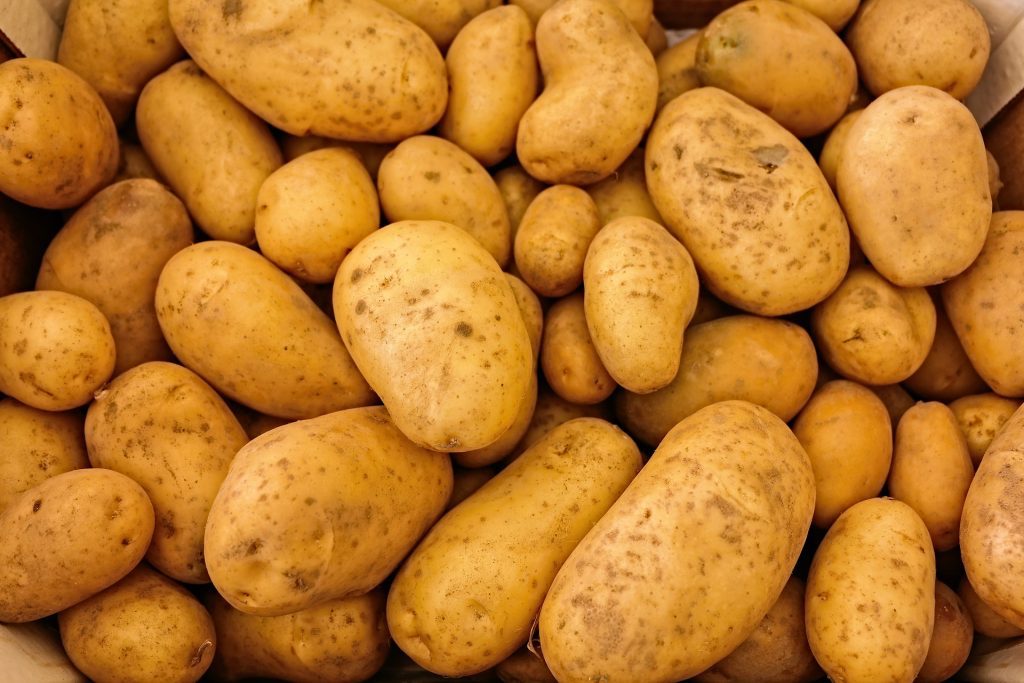
This book is by Stephan Guyenet PhD, an obesity researcher with a PhD in neurobiology. He talks through research that has highlighted several regions of the brain which have a direct impact on our long and short term eating habits.
Whether it’s how your body decides its body fat set point (the term “lipostat” is used by the author), which foods leave you feeling less full for the same calorie content, or why you always seem to have room for dessert, there are some really interesting topics discussed here. A lot of these processes are non-conscious, meaning we aren’t aware we’re doing them, and so being able to guard against them can be the difference in reaching a healthy body-weight or being obese for life.
Book nineteen is…
The Hungry Brain by Stephan J.Guyenet, PhD

PRO TIP: Take notes! When you read a book, use a blank sheet of paper as a bookmark. Write down any interesting facts and information from the book. This condenses a whole book into 3-4 pages of key notes that are important and relevant to you.
My Notes
- Many people jump on rising rates of obesity as a sign the dietary guidelines are wrong, when in fact the main problem is people don’t follow them.
- Humans have innate preferences for: calorie density, fat, carbohydrate, protein, sweet flavours, salty flavours and meaty flavours (umami).
- Substantial weight loss triggers a starvation response, where the body tries to re-gain the lost weight by ramping up hunger and increasing the perceived desirability of high calorie foods.
- This starvation response was more likely to be triggered if a person was eating a lower-calorie diet full of palatable (tasty) foods, compared to someone on a bland diet who had no cravings.
- The increase in perceived desirability can lead to binge-eating, where we feel junk food is almost irresistible. As our calorie needs are met, the brains mechanism reverses and we can end up having little or no desire for the junk food we’ve just consumed. (Ever finished a binge only to be filled with regret and shame?)
- In 1995, a study by Holt tested portions of 38 foods, all of equal calorie content, and determined a “satiety index”, meaning how full each food left you feeling (see below).

- Note that potatoes were the most filling per calorie, while croissants, cakes and doughnuts were the least filling.
- Protein rich foods scored well as did those high in fibre, while foods high in fat scored poorly when controlling for calories.
Research Studies
- Recent research has found when calories are kept constant, the ratio of protein, carbohydrates and fat has no significant impact on change in weight. All are treated roughly the same by the body, though very low carbohydrate and very high protein diets can modestly increase metabolic rate.
- Researchers in a metabolic ward installed a vending machine and found participants ate 173% of their calorie needs over a seven day period. This effect was termed “opportunistic voracity” and showed the dangers of having high calorie foods easily accessible to you.
- The difference in weight gain during a controlled over-feeding study was influenced by NEAT, Non-exercise Activity Thermogenesis. They found that in response to a higher calorie intake some people instinctively moved around more or fidgeted, increasing their calorie burn and gaining less weight.
- In a study where participants got all their calories and nutrients in a bland liquid form, normal weight people consumed the right number of calories, while the grossly obese participants consumed less than 300 kcal/day, despite being allowed unlimited intake. This is effectively a starvation diet but they didn’t complain of hunger and lost up to 1lb/day.
- Chris Voigt has mimicked this study with a bland “potatoes only” diet where he lost 21lbs over 60 days. Weight loss wasn’t the goal as he was illustrating that it has all the nutrients required to live on. They do lack Vitamin A and B12, though the liver stores a supply that means deficiency won’t be realised for a month or so.

- Sensory-specific satiety is the unwillingness to eat any more of a certain food but still being happy to eat different foods. Researchers observe what is known as the buffet effect where high variety of foods cause people to over-eat by huge amount. This is why you can eat a savoury meal but still have room for dessert.
- RRV stands for Relative Reward Value, and it’s measured by how willing you are to work for a food-related reward in comparison to a non-food reward such as money. Obese people were likely to have a higher RRV for food than lean people.
- It’s possible to have a high RRV and still be lean if you have good impulse control. Someone with high RRV and poor impulses is at greater risk of obesity.
- Delay discounting is weighing up short term vs long term outcomes, such as enjoying a cake right now but having a negative impact on long term health. If you have a high discount you don’t value your future self as highly and are more likely to have bad habits such as smoking, alcoholism and obesity.
- When subjected to psychological stress, rhesus monkeys ate less when only allowed healthy foods, but ate more under stress if given access to junk foods. The effect is more pronounced in what is deemed to be “uncontrollable” stress, for example a human worrying about getting cancer.
Suggested advice
- Fix your food environment. Get rid of junk food in the home, and don’t have snack foods out on the worktops
- Manage appetite with whole foods that fill you up, focus on qualities like high fibre.
- Beware of ‘food reward’ in palatable junk food like pizza and cake; limit or avoid it.
- Make sleep a priority
- Exercise regularly
- Mitigate stress

